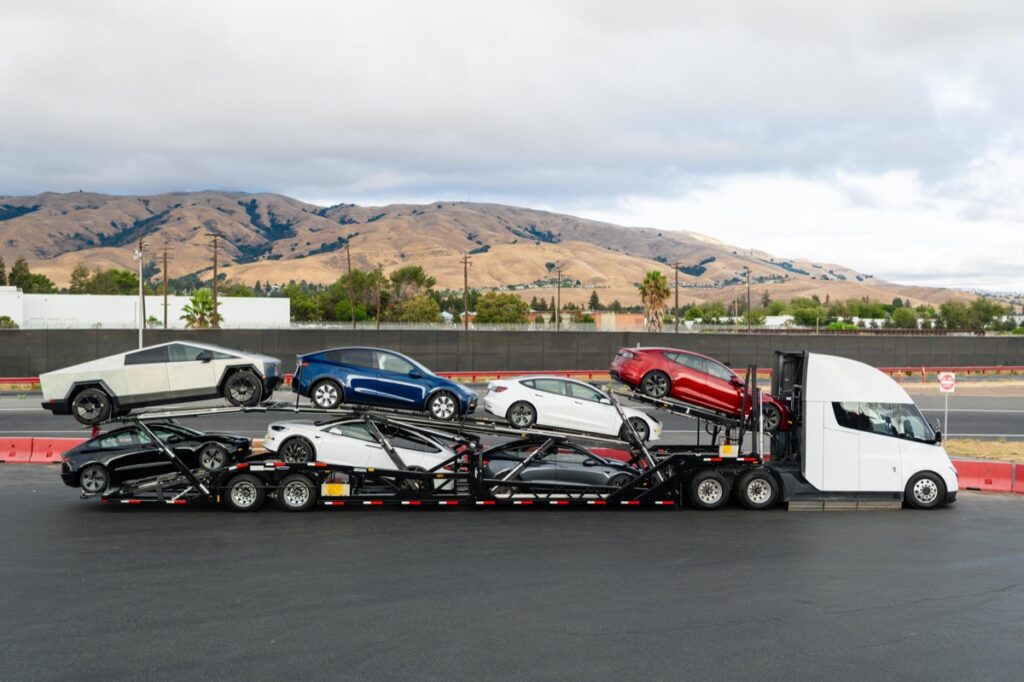Tesla Stands to Gain as Union Strikes Threaten Detroit’s EV Market Share
Tesla, the current leader in the electric vehicle (EV) market, faces increasing competition from traditional automakers. However, the company could benefit from labor disputes affecting its competitors, according to industry analysts.
Dan Ives, an analyst at Wedbush Securities, stated that Detroit’s cost advantage in producing cheaper EVs could diminish if automakers like GM and Ford make significant concessions to the United Autoworkers Union (UAW). “A strike lasting longer than 4 weeks would be a body blow to the EV ambitions of GM and Ford in [the first half of 2024] and delay many aspects of this initial important EV push,” said Ives, reports CNN.
Ives further noted that while unionized automakers could potentially disrupt Tesla with lower EV costs, any additional costs passed on to consumers due to union concessions could hurt demand for GM and Ford. “Let’s be clear: This is a potential nightmare situation for GM and Ford,” Ives added.
Tesla, which is not unionized, emerges as the clear winner in this situation, according to Ives. The company could capitalize on the delays and additional costs affecting its competitors.
Meanwhile, Asian automakers, also non-unionized, are not in a position to benefit as much as Tesla. They face inventory constraints, lacking sufficient vehicles to meet potential demand, which could drive up prices and limit consumer options.
The ongoing labor disputes and their potential impact on the EV market underscore the complex dynamics at play as traditional automakers attempt to catch up with Tesla’s lead.
UAW President Shawn Fain acknowledges that the union’s demands are “ambitious,” but argues they are justified given the strong profits automakers have posted in recent years. The automakers, however, have largely resisted these demands.
Union’s Key Demands
- Raises: Initially, the union demanded an immediate 20% raise, followed by four additional 5% raises over a four-year contract. Ford and GM are now offering a 20% raise during the life of the contract, while Stellantis is offering 17.5%.
- Pensions and Inflation Adjustments: The UAW is pushing for the reinstatement of traditional pension plans and retiree healthcare for all its members. It also seeks cost-of-living adjustments to protect members from inflation.
- Job Protections and Benefits: The union is demanding limitations on the use of temporary workers and forced overtime. It also seeks more time off for workers, including a four-day workweek, and the right to strike over plant closings.
- Transition to EVs: While not opposed to the shift towards electric vehicles (EVs), the union insists on a “just transition.” It demands that workers losing jobs in gasoline engine and transmission manufacturing should be able to move to EV battery and parts production jobs at the same pay scale.
The ongoing negotiations highlight the tension between labor and management as the auto industry undergoes significant changes, including a shift towards electric vehicles.
